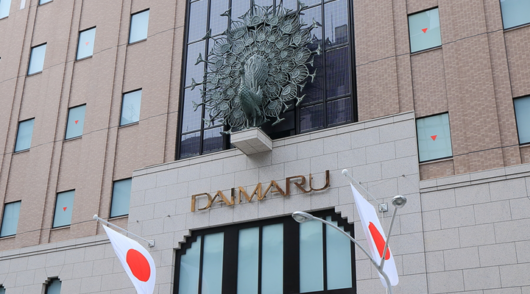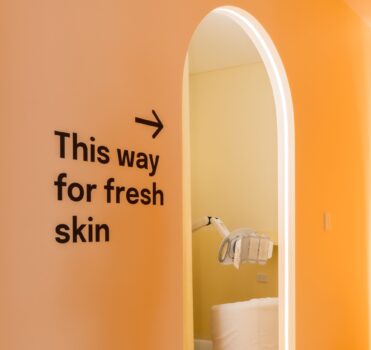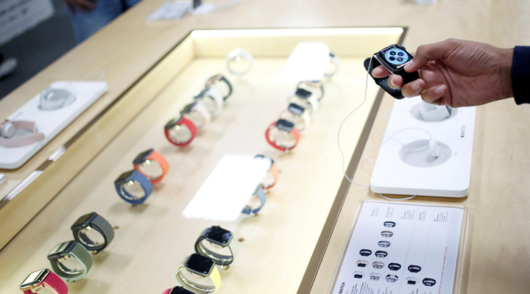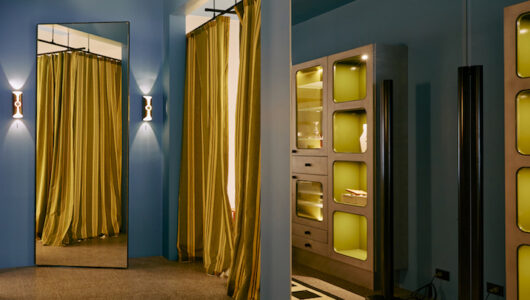Tapestry has reported a 0.4 per cent decline in sales for the first quarter, which an analyst considered as “not too shoddy” given the softness in the wider luxury market.
For the quarter ended September 28, net sales were US$1.507 billion compared to $1.513 billion in the year-ago period. According to GlobalData MD Neil Saunders, the results are “far from terrible” and represented an improvement on the prior quarter.
Net income was also up to $186.6 million, versus a loss of $0.23 million last year.
Among the brands, Coach remained “the star” with a 1.1 per cent sales increase, having added new customers to its roster, particularly the younger generations, said Saunders.
“One of the things that Coach does particularly well is to infuse new product innovation alongside its line-up of heritage and traditional designs. This allows the brand to eke out sales growth even in a more challenging luxury market where consumers are a little more reluctant to spend,” he continued.
Kate Spade, however, delivered a poor performance with a 6.6 per cent revenue decline. According to Saunders, the brand has become stale and is not delivering a punchy enough line up of products in a tough market.
Overall, the core business remains strong, but the company now needs to deliver meaningful sales growth, and Capri was the vehicle it wanted, Saunders remarked. This strategy seems reasonable given Tapestry’s solid record of turning around brands, but the FTC has thrown a wrench into the works, he added.
“While we side with Tapestry’s view that blocking the deal was absurd and wrong on the facts, we also think it may have helped Tapestry doge a bullet of overpaying for Capri – which continues to chronically underperform and has an ever-growing list of problems and issues that need to be resolved.
“In any case, for the moment, Tapestry will need to focus more heavily on driving success from its own businesses and brands,” the analyst elaborated.
For the full year, the company has raised its outlook and expects revenue to increase 1-2 per cent to $6.75 billion. The guidance excludes the impacts related to the Capri deal.






